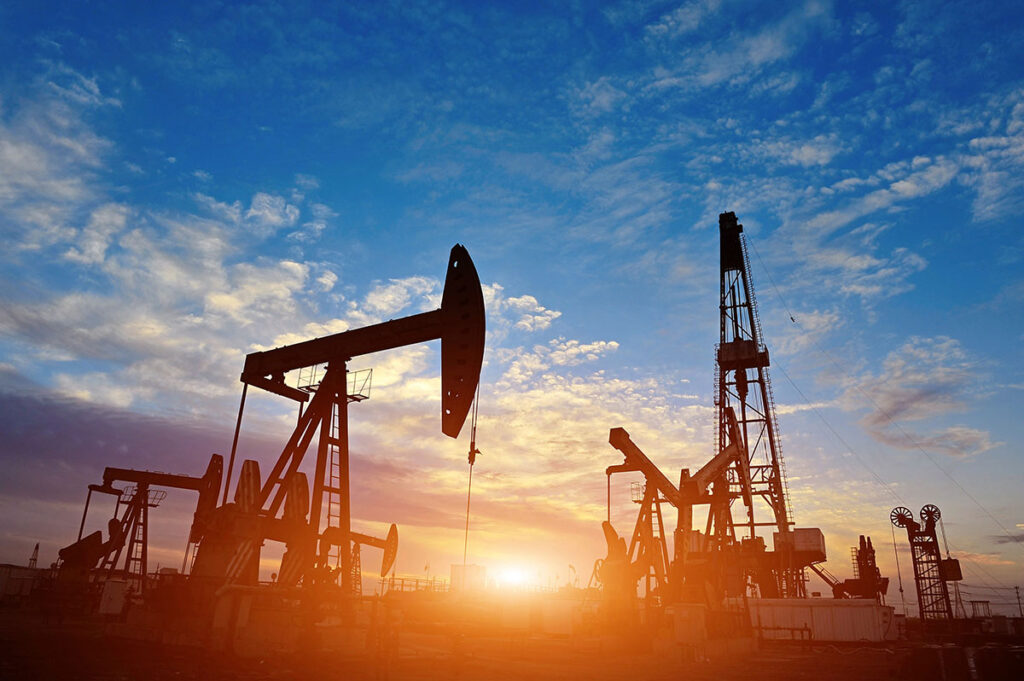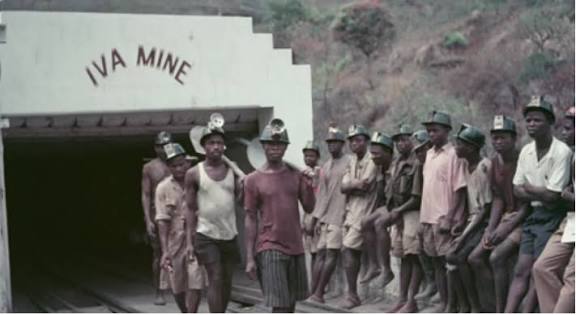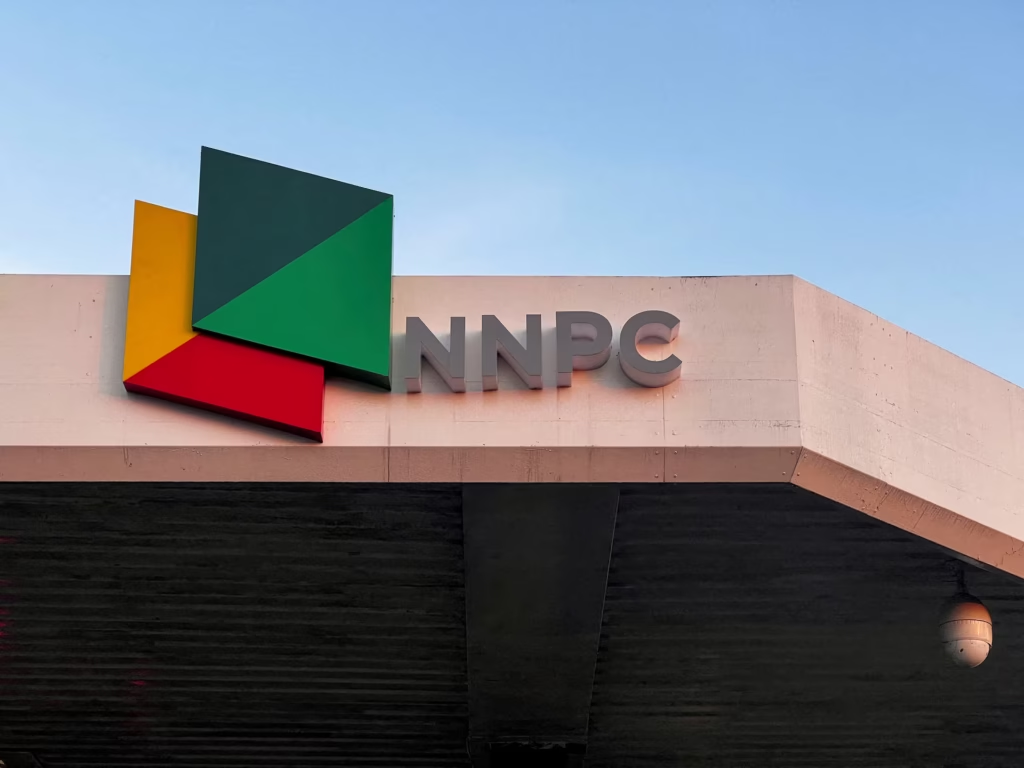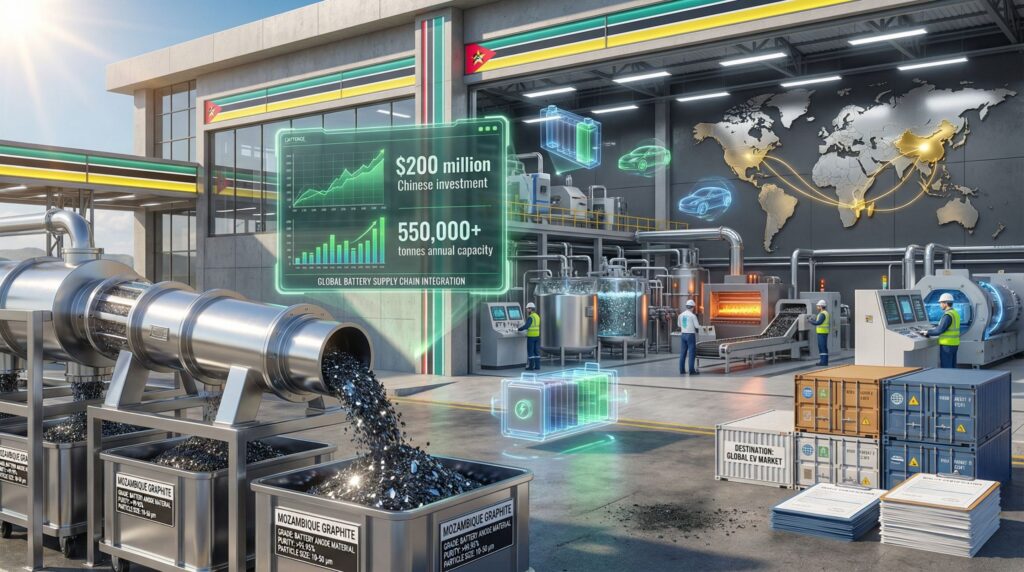
Nigerian President Bola Tinubu engaged in discussions with top officials of the Islamic Development Bank (IsDB) to negotiate a “multi-billion dollar infrastructure finance facility,” aiming to support the construction of ports and power plants, as stated by his spokesperson on Tuesday.
Tinubu met with IsDB Vice President Mansur Muhtar in Mecca, Saudi Arabia, on Monday night, as confirmed by spokesperson Ajuri Ngelale in a statement. No additional information was disclosed regarding the specifics of the financial assistance being sought by the Nigerian government.
“We have serious deficits in port infrastructure, power infrastructure, and agro-allied facilities,” Tinubu said in the statement.
“These deficits present unrivalled opportunity for savvy investors in a market that is by far the largest on the continent,” he said.
Last Friday, Nigeria and Saudi Arabia reached agreements on a range of investments and cooperative arrangements. Among these deals was a commitment from the Saudi government to make a significant deposit of foreign exchange aimed at enhancing Nigeria’s forex liquidity.
During Tinubu’s leadership, Nigeria has initiated its most daring reforms in decades, putting an end to a costly petrol subsidy and lifting restrictions on foreign currency trading. The actions form part of a strategy aimed at enhancing economic growth within the country.
Since taking office in May, Tinubu has committed to revitalizing an economy marred by sluggish growth, double-digit inflation, shortages of foreign currency, widespread insecurity, and rampant crude oil theft.
Muhtar expressed the IsDB’s readiness to collaborate with the government in backing substantial investments in Nigeria. The country anticipates receiving a substantial portion from a $50 billion Africa investment fund, which the bank announced in partnership with the Arab Coordination Group.
The IsDB, headquartered in Jeddah, Saudi Arabia, is a multilateral development bank that offers financial support for infrastructure and various development initiatives within nations predominantly populated by Muslims.




